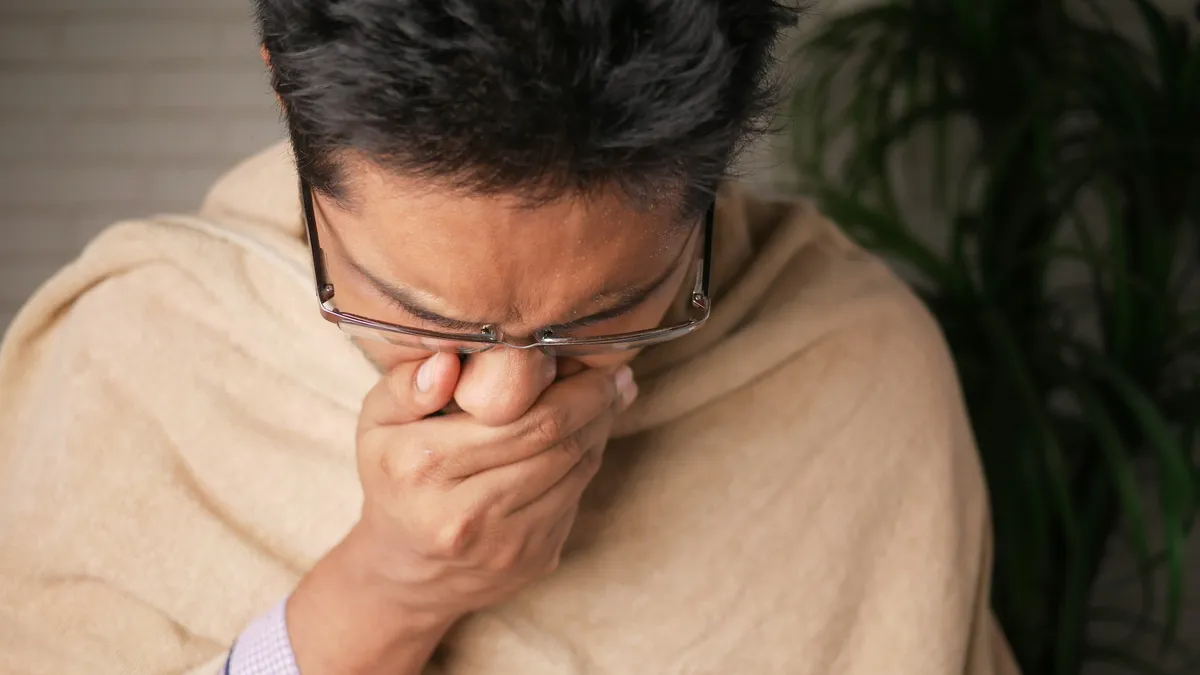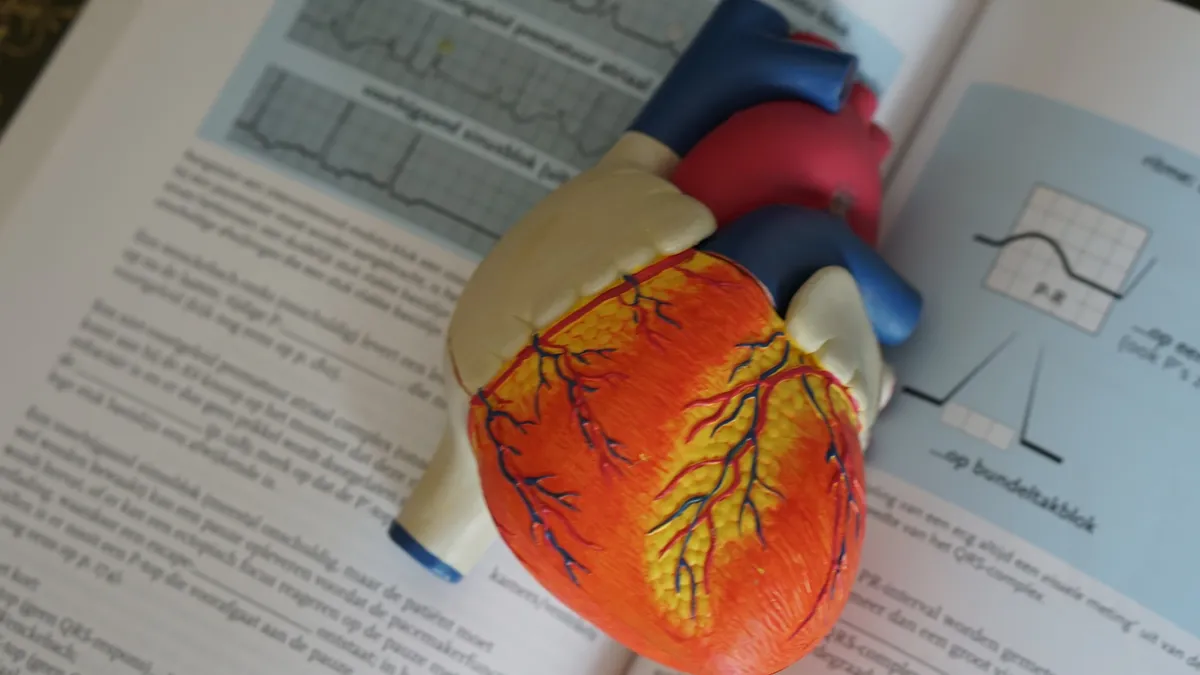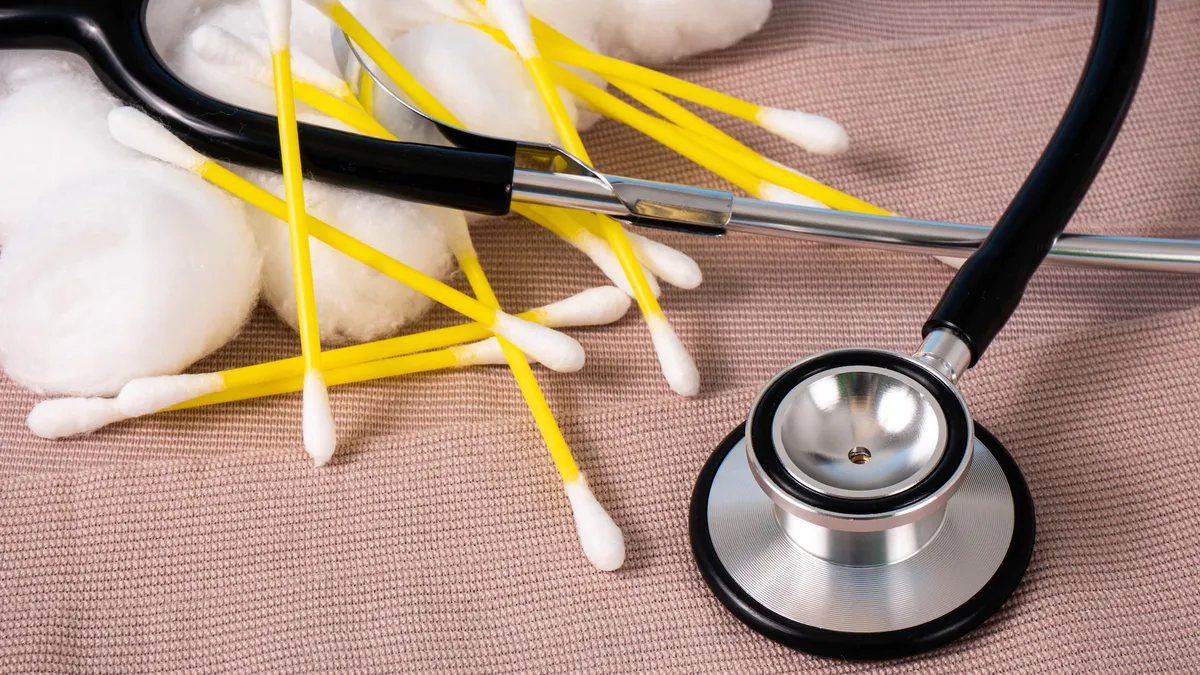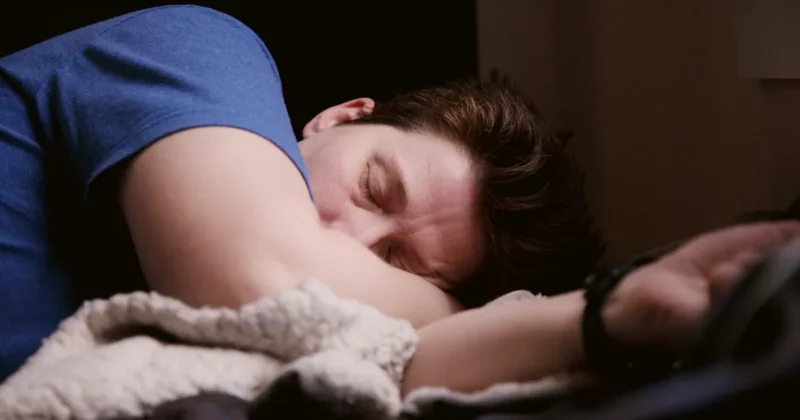Tuberculosis And Night Sweats
This article explores the connection between tuberculosis (TB) and night sweats, detailing the causes, symptoms, diagnosis, and treatment of TB. It emphasizes the importance of early intervention for optimal health outcomes and offers prevention and coping strategies to help individuals manage this distressing symptom. Proper understanding and management of TB-induced night sweats can improve overall quality of life.









